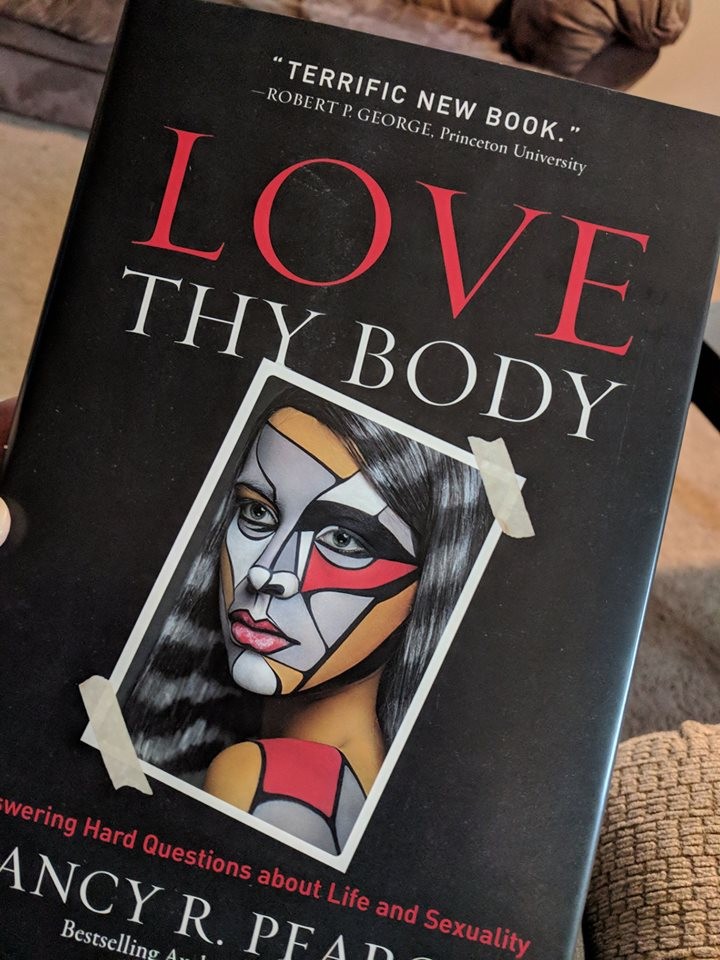Follow the money to the Common Core
“I wouldn’t mind it nearly as much if I didn’t feel like I was just part of a big corporate and political campaign,” said a third-grade teacher I know. She was talking about the Common Core Curriculum. Recently another friend pointed me to this article in Politico, which helps me to understand. Though it contains some encouraging news about resistance efforts that have gained some momentum, there is also material that concerned me very much.
This, for instance:
The proponents would appear to have all the advantages. The Bill & Melinda Gates Foundation already has pumped more than $160 million into developing and promoting the Common Core, including $10 million just in the past few months, and it’s getting set to announce up to $4 million in new grants to keep the advocacy cranking. Corporate sponsors are pitching in, too. Dozens of the nation’s top CEOs will meet today to set the plans for a national advertising blitz that may include TV, radio and print.
 I’ve actually read and thought about this before. Whatever philanthropic good the Bill and Melinda Gates Foundation may be responsible for, its presence at the roots of public education is sobering. That the developer of a computer operating system would be supporting, and gaining a dominant voice in, the content of our children’s intellectual development suddenly (or not so suddenly) explains why STEM so steamrolls the humanities in the operative conception of what an educated person is.
I’ve actually read and thought about this before. Whatever philanthropic good the Bill and Melinda Gates Foundation may be responsible for, its presence at the roots of public education is sobering. That the developer of a computer operating system would be supporting, and gaining a dominant voice in, the content of our children’s intellectual development suddenly (or not so suddenly) explains why STEM so steamrolls the humanities in the operative conception of what an educated person is.
I prefer Wendell Berry’s wonderful phrase “furnishing the mind” to describe the process of educating someone. It implies the self as a dwelling place to be adorned with useful, beautiful things to use, care for, and create other things with. The mission statement at the CC website speaks rather drably of “knowledge and skills that our young people need for success in college and careers. With American students fully prepared for the future, our communities will be best positioned to compete successfully in the global economy.”
 Unfortunately, students who do not have a richly furnished inner world are not “fully prepared for the future.” I think children need to know how to use the various forms of technology. I used it myself last night when I had to Google “substitute for canned cream of mushroom soup.” It improved my tuna casserole. But it takes the meat and potatoes served up by the humanities — imagination, philosophy, faith, art — to find meaning (rather than information) in the often bewildering and difficult circumstances of adult life. The global economy spins on its own, and human essentials like wisdom and freedom do not register there at all — nor are they articulated in our current notions about what makes an educated person.
Unfortunately, students who do not have a richly furnished inner world are not “fully prepared for the future.” I think children need to know how to use the various forms of technology. I used it myself last night when I had to Google “substitute for canned cream of mushroom soup.” It improved my tuna casserole. But it takes the meat and potatoes served up by the humanities — imagination, philosophy, faith, art — to find meaning (rather than information) in the often bewildering and difficult circumstances of adult life. The global economy spins on its own, and human essentials like wisdom and freedom do not register there at all — nor are they articulated in our current notions about what makes an educated person.
It’s the weak in a society — the children and the elderly — who feel the effects of its bankrupt values first. The fact that millionaires, rather than respected educators, are developing the educational plan for the next generation feeds my cynical belief that it’s all about creating good consumers, dependent on a host of intermediaries between themselves and everything they want.



One Comment
DebD
I agree that corporate sponsorship is invasive and problematic in many areas of our society today. We went to the World Maker Faire up in NYC this past weekend. It was rather disappointing to see that something that used to embrace individuality, creativity, and invention is now mostly a giant corporate advertisement. The last sentence of your quote is quite frightening actually.